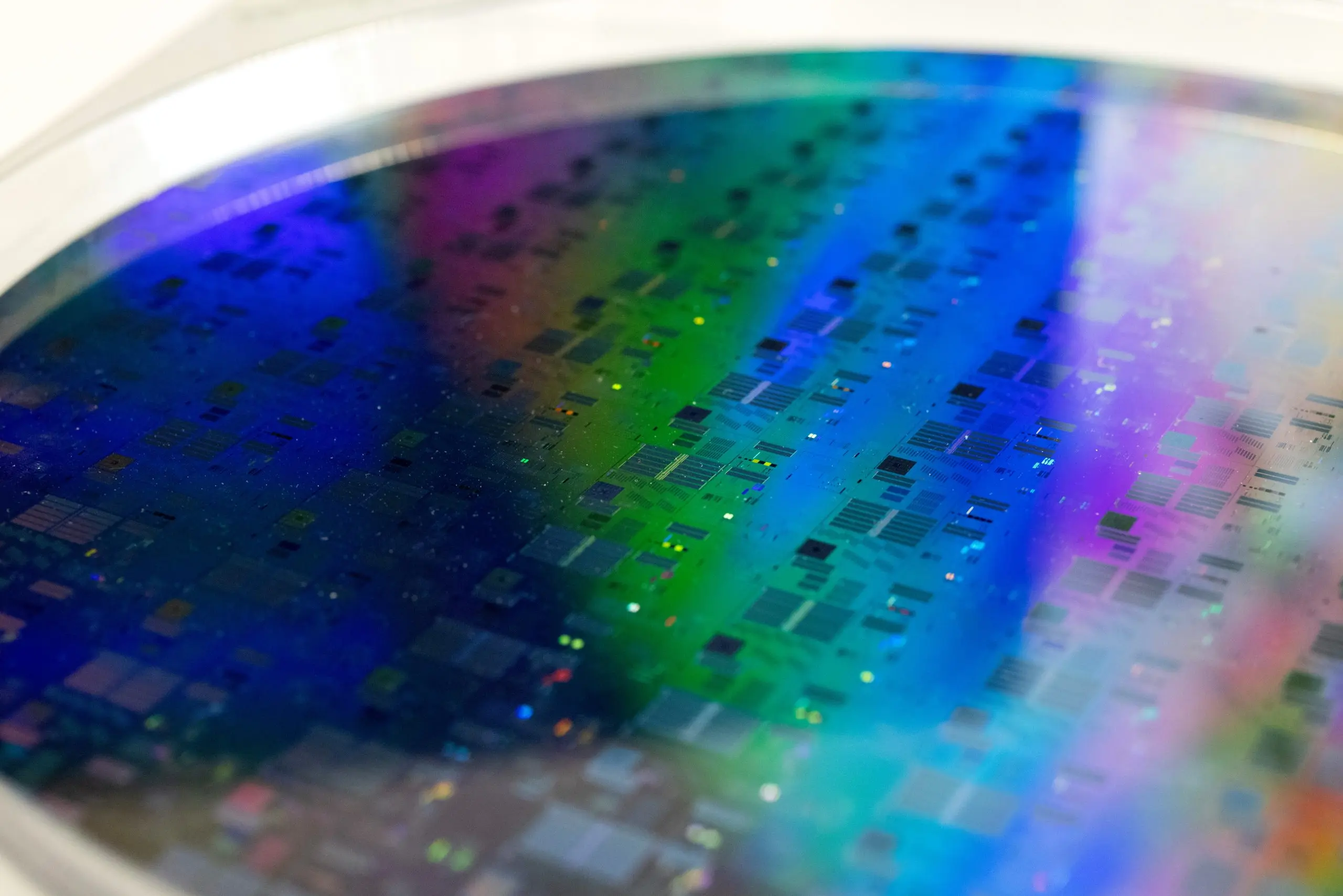The United States will suffer in the race to command the development of artificial intelligence (AI) if production and manufacture of semiconductor chips and processors remain offshore, according to an industry expert.
“If you’re not making things and all you’re doing is designing the software, and maybe designing the chips, but they’re completely built and packaged elsewhere, you don’t end up innovating as much when you literally have people’s hands making some of these technologies,” Jonathan Klamkin, CEO of semiconductor company Aeluma, told Fox News Digital.
“You innovate across the supply chain, you’ll innovate the manufacturing equipment that’s used in the pads, you’ll innovate how to operate the pads, you’ll innovate the design of the chips,” Klamkin said. “The U.S. needs to be vertically integrated in semiconductors. We can’t just design the chips and write the software code.”
The U.S. faces competition from rival nations for the possession of the kinds of chips necessary to power the research and development of AI models. The demand for semiconductor chips and microprocessors skyrocketed along with mainstream interest in AI models and platforms.
OPINION: DON’T USE SCIENCE FICTION TO INSPIRE PUBLIC POLICY ON AI
Chip manufacturer Nvidia’s revenue rose 206% over the prior year in its latest quarter thanks to the surge in AI interest and demand.
A silicon wafer is seen at the GlobalFoundries semiconductor fabrication plant in Dresden, Germany, on Feb. 11, 2021. (Liesa Johannssen-Koppitz/Bloomberg via Getty Images)
The Semiconductor Industry Association (SIA) has forecast a 13.1% jump in global chip sales to $595.3 billion this year, compared with a drop of about 8% in sales in 2023.
The United Kingdom, for example, pledged to spend hundreds of millions of pounds on purchasing chips to allow researchers and developers to pursue breakthroughs and remain at the cutting edge of the industry as nations jockey for a leading role in AI.
SOCIAL MEDIA PLATFORM CRACKS DOWN ON ADS FOR ‘AI GIRLFRIENDS’
The tightening supply with the high demand has pushed countries to seek out simpler chips to make up for the lack of more advanced chips and a stockpiling effort between companies.
Gregory C. Allen, the director of the Wadhwani Center for AI and Advanced Technologies at the Center for Strategic and International Studies, previously told Fox News Digital that AI “is the hottest category in global venture capital markets and technology investment.”

Workers make chips for phones, cars and LED lighting in Huai’an, China, on April 29, 2024. (Costfoto/NurPhoto via Getty Images)
“Many different companies are being created to pursue AI technology, and so many major technology giants are remaking themselves around AI technology, especially after the more recent breakthroughs in generative AI and foundation models,” Allen said.
Part of the problem comes from the fact that the U.S. does not produce much of the global supply of chips. As of the passage of the CHIPS Act in 2022, the U.S. produced 12% of the advanced chips, compared to 37% in the 1990s; Taiwan produces the vast majority of advanced chips while China seeks to rapidly expand its manufacturing capabilities.
WHAT IS ARTIFICIAL INTELLIGENCE (AI)?
“I’m not saying we need to make 100% of those chips, but maybe the number should be 30 or 40%,” Klamkin said. “So, that’s what the CHIPS Act is doing, and I think that’s good. That’s about supply chain and national security, but it also means we’re going to be innovating and inventing more technologies in the U.S., and that has to be a big thing.”
“In my experience, what’s happened in the semiconductor industry in the past, the government has made investments that were seemingly very ambitious,” Klamkin said. “Sometimes they invested in the short term and expected it to just sustain itself very quickly, and it didn’t.”

Sam Altman, CEO of OpenAI (Patrick T. Fallon/AFP via Getty Images)
“So, you can argue, was that a good investment? Well, probably because some development happened, some technology might have gotten commercialized, but it didn’t meet, you know, very ambitious goals,” he said.
OpenAI CEO Sam Altman in February started courting more investors for trillions of dollars necessary to try and boost production of chips, the Wall Street Journal reported. Altman’s plan would seek to transform global manufacturing and accelerate the development of advanced AI.
CLICK HERE TO GET THE FOX NEWS APP
The report claims that Altman has met with investors from the United Arab Emirates and the CEO of Softbank in recent weeks about funding the project, and he has also discussed it with chipmakers, including Taiwan Semiconductor Manufacturing Co.



